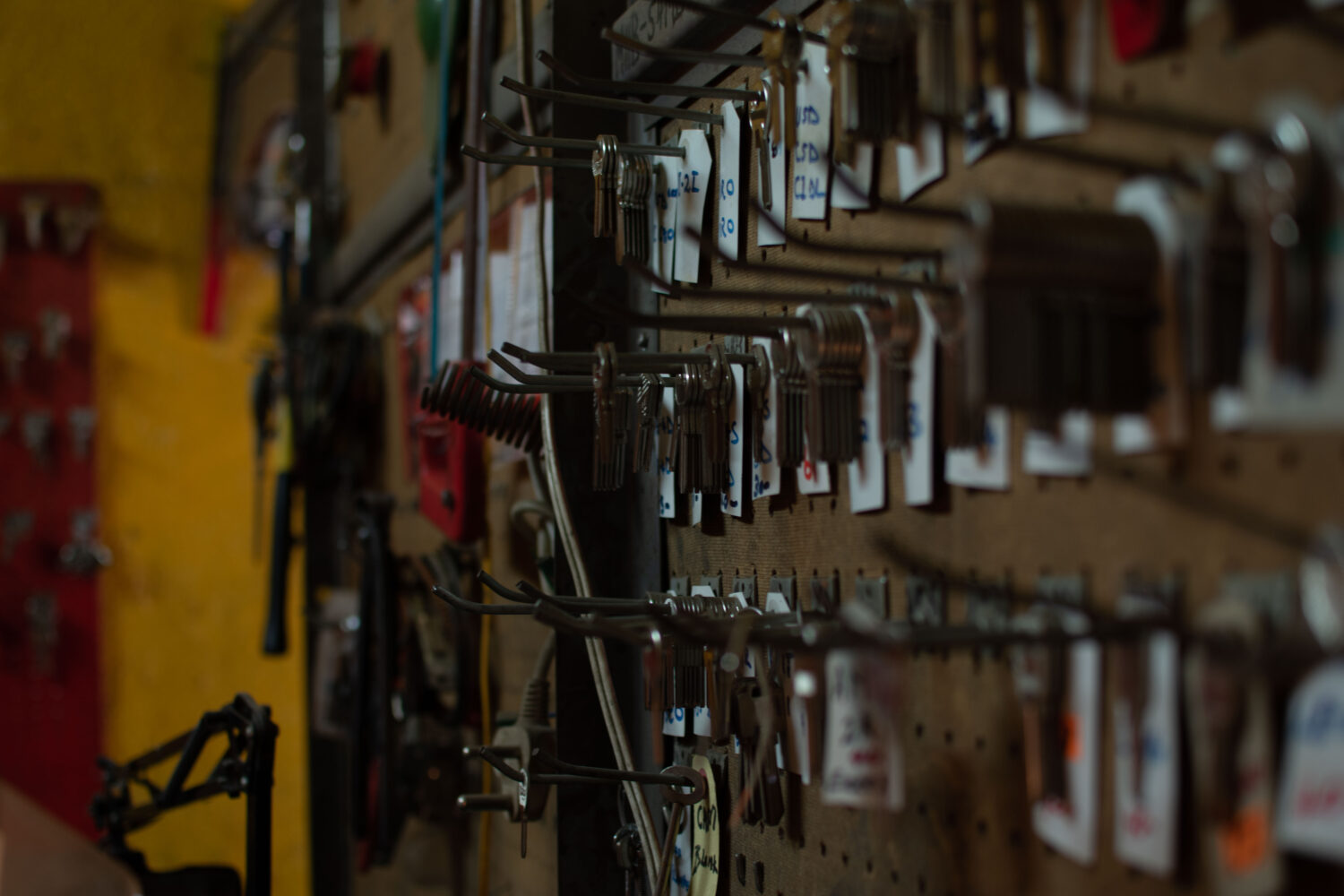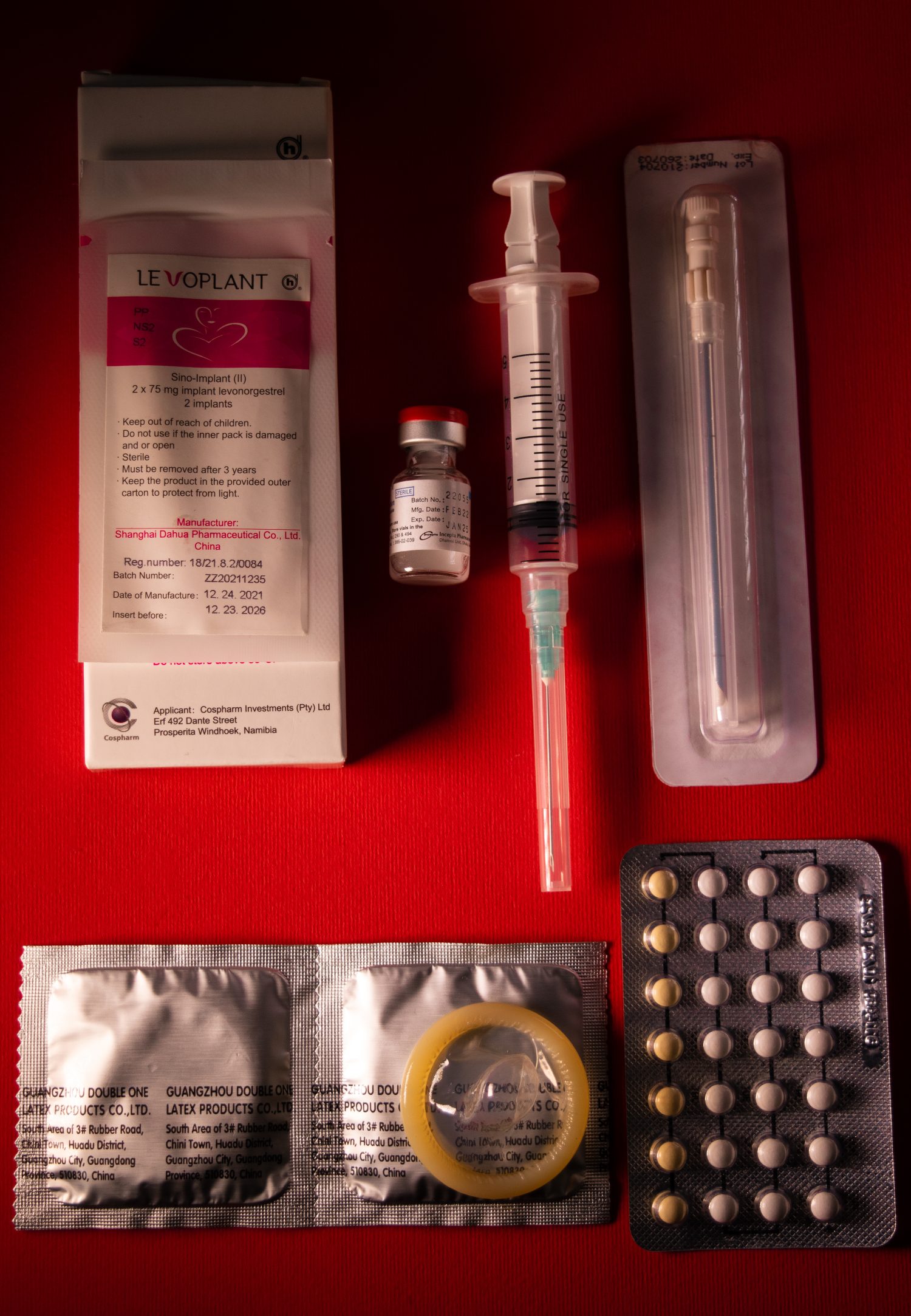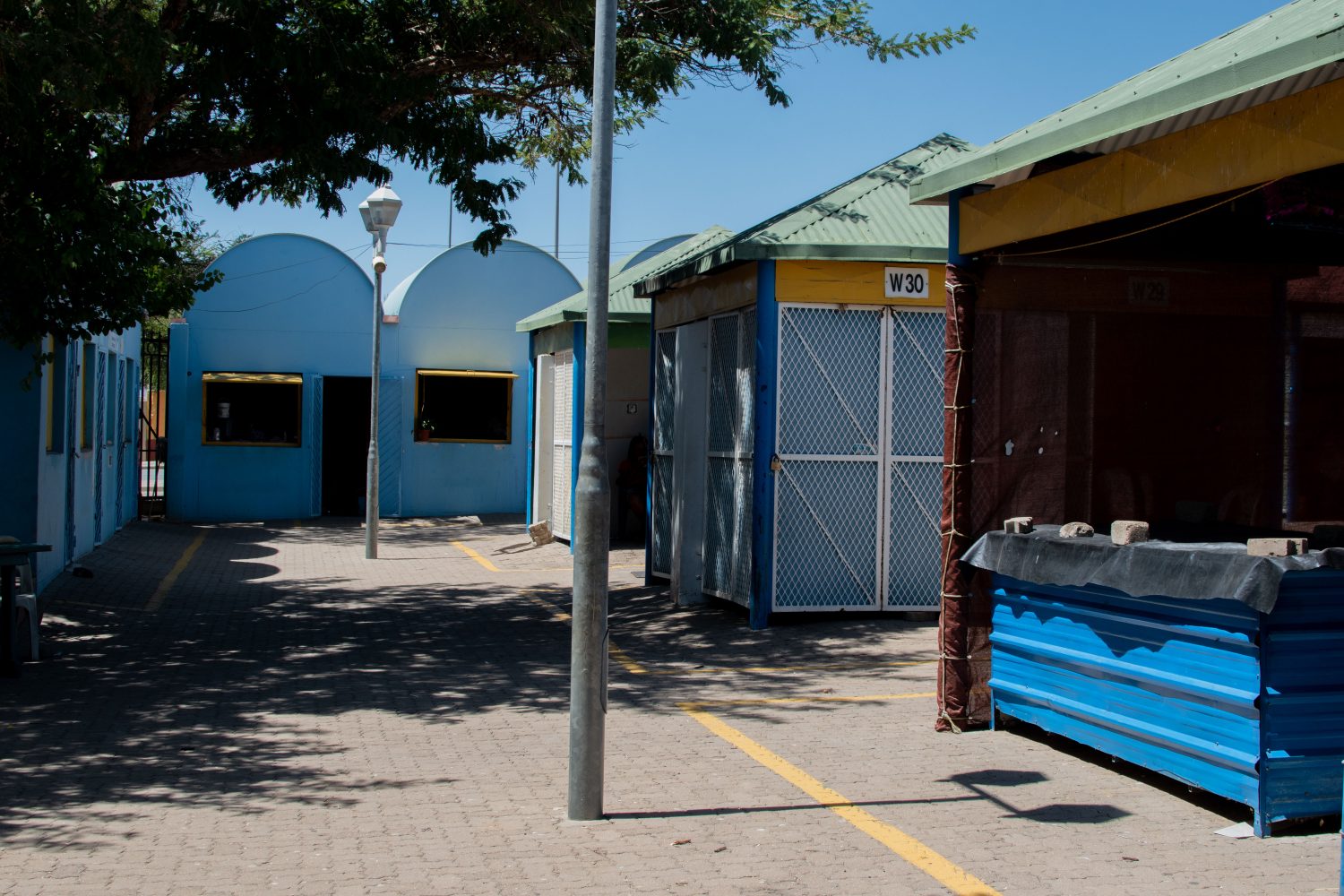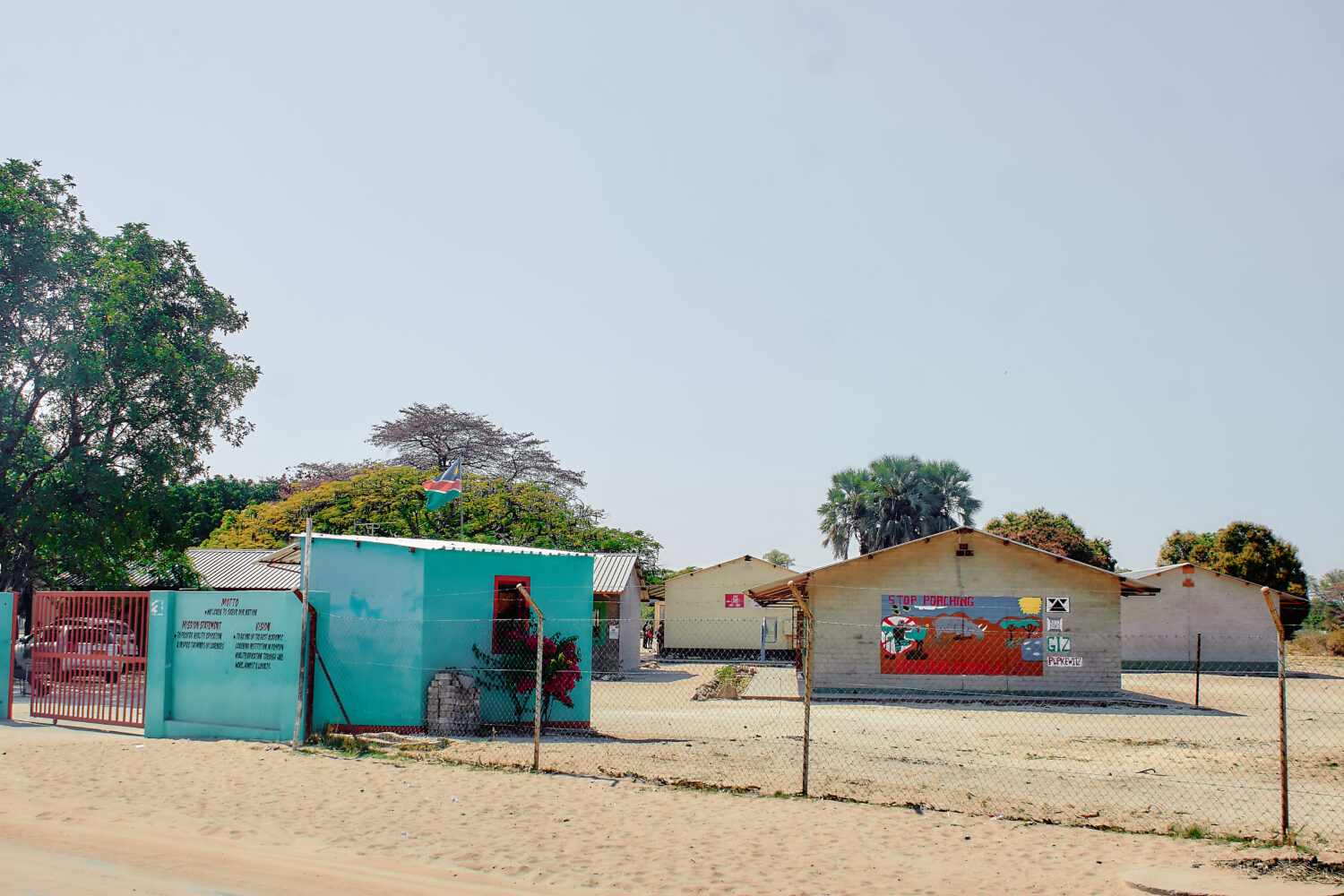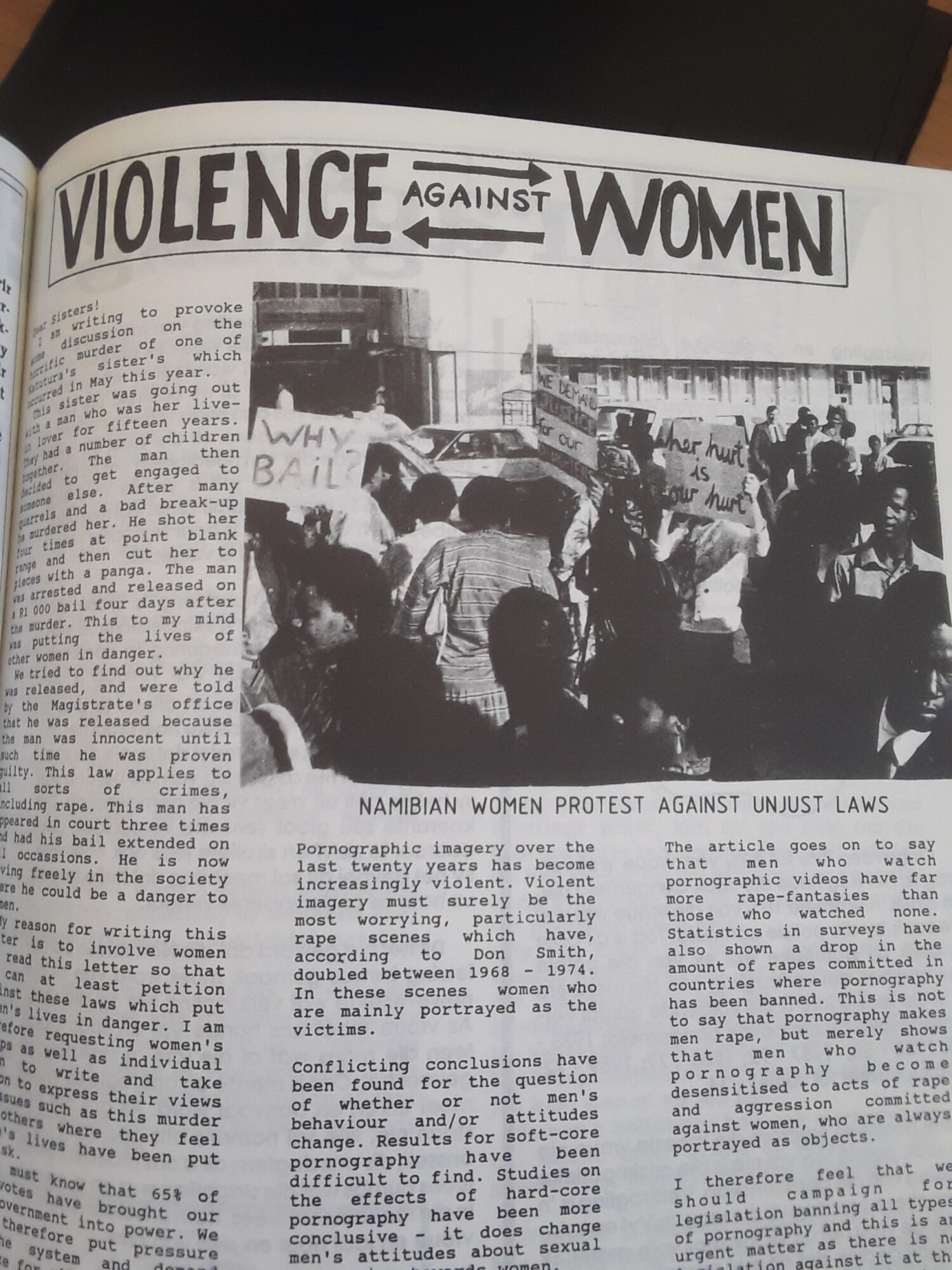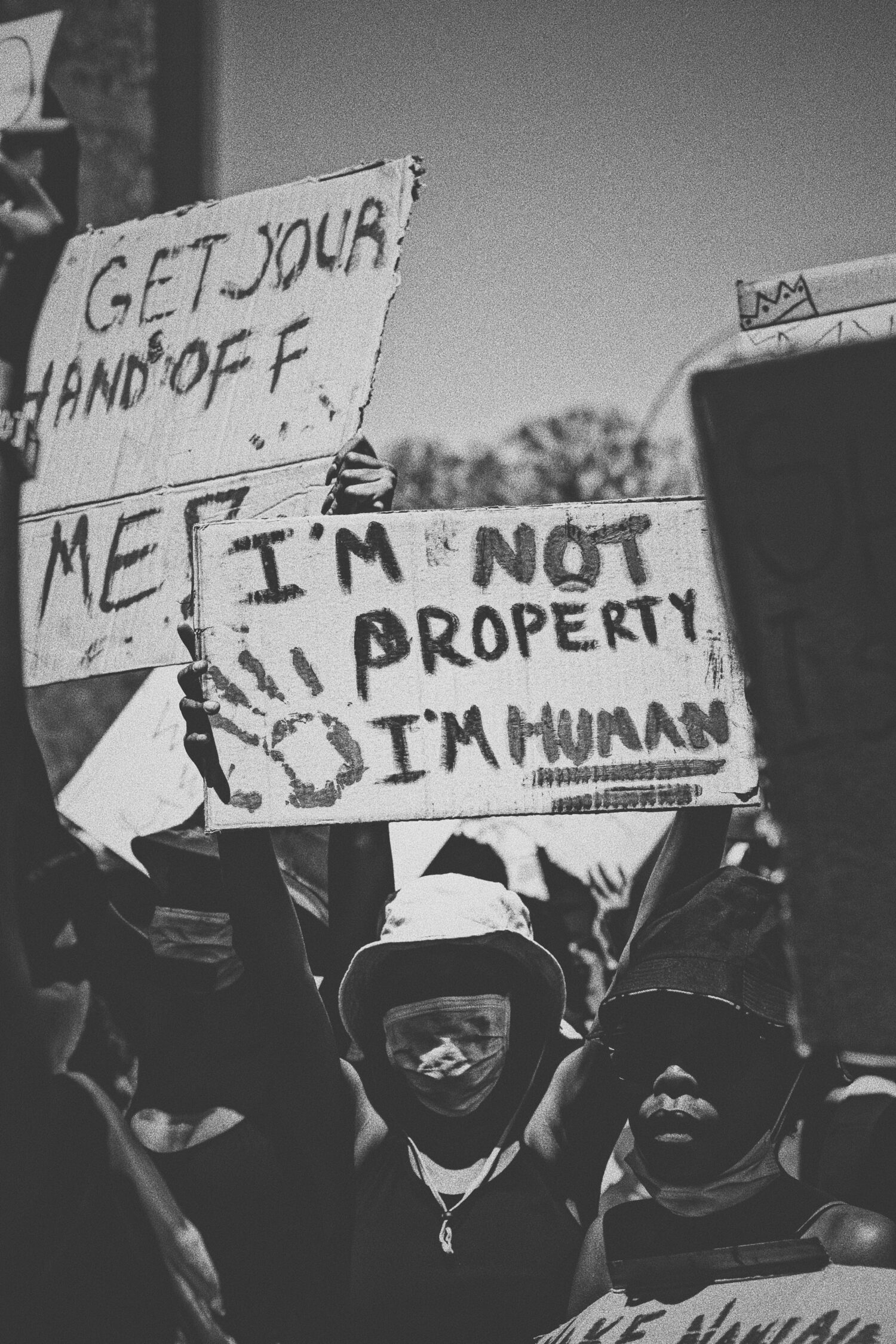ARLANA SHIKONGO The discourse surrounding sexual and reproductive health rights (SRHR) predominantly centres on women, but it is imperative to acknowledge that men have an equally significant role to play in advancing SRHR. Erich Waly Hanadaob, a senior registered nurse at the Namibia Planned Parenthood Association, offers valuable insights into why it is crucial to engage men in efforts toward gender equality and reproductive health. Hanadaob asserts that it is… Keep Reading
